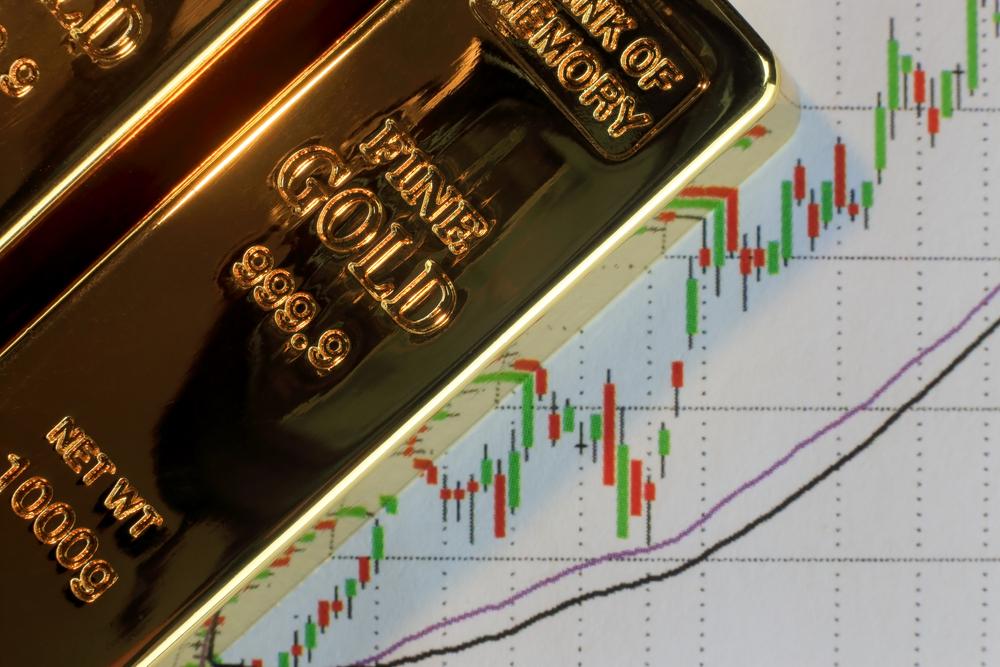Back in February, I predicted the two-year gold price rally was not yet at its peak, and that it would hit $1,800 before it consolidated. Now – perhaps alongside a hat inscribed with ‘captain obvious’ – we can say that even my optimistic predictions were reserved, as gold rallied 2% on Monday, to its all-time-high of $1,940.
This has, predictably, been led by the COVID pandemic, which gave gold’s long-running rally a reason to crescendo.
As stated by Florian Grummes of Midas Touch Consulting, in our previous gold price commentary:
“There are no contrarian signals from sentiment analysis for a sustainable turnaround and trend change in the gold market. Rather, the “grand final” of the party that has been going on since August 2019 is likely yet to come”
“The mood among gold investors is currently optimistic, but the Gold Optix still has a lot of room for more optimism and greed.”
Now, these comments were made prior to global quarantining and economic slowdowns, and in hindsight, they seem almost oracular in their insights. The ‘grand final’ of the gold price rally party certainly has been an occasion to remember, but is it over yet?
The economic outlook gives the gold price some headroom
With Britain’s reimposition of quarantine measures on travellers returning from Spain – and the subsequent price drops on Easyjet, TUI and IAG shares on Monday – we should assume that the first-order economic effects of the virus are far from over. It is reasonable to factor in the possibility of additional travel restrictions and more regional reimpositions of lockdown measures, as coronavirus threatens to flare up for a second time amid efforts to return to normality.
In addition to these immediate impacts, we have the widely discussed second-order issues of unemployment, adjustments to the range and provision of companies’ services, and changes in consumer behaviour – all of which will likely contribute to relatively slow economic activity for the rest of the year.
Further, and beyond pandemic considerations, we must take into account the impacts of political tensions. British sentiment will continue to be bogged down by Brexit, and a mixture of Brussels loggerheads and the likelihood of extortionate trade deal terms with the US. In addition, the US itself is contributing to poor market sentiment, with a mixture of renewed tensions with China, and a busy economic calendar this week.
Speaking on US politics, and the impact this is likely to have on gold prices, Spreadex Financial Analyst, Connor Campbell, stated:
“Investors don’t buy the precious metal for fun. It provides an ostensible financial safe haven away from the world’s uncertainties and stresses, of which at the moment there are numerous. This doesn’t just include the COVID-19 pandemic, but the latest geopolitical flare-up between the United States and China.”
“[…] The US is facing an incredibly busy week, aside from COVID-19 and US-China tensions, with the latest Federal Reserve meeting on Wednesday, the first Q2 GDP reading – which is going to be UGLY – on Thursday, and a stacked earnings calendar including appearances from the golden trio of Apple, Alphabet and Amazon.”
The takeaway from this analysis should be that the economic outlook is not peachy. With a combination of a potential COVID second wave and UK-US protectionist politics, any forecast of a near-term economic recovery need be taken with a pinch of salt.
What this means for gold is that the ‘grand final’ crescendo of its price rally may not yet be over, and today’s all-time high may not even be the highest we see gold prices hit this year. At the very least, and even with some price correction, the bleak economic situation should see gold keep its place above the $1,500 mark it started the year on.

